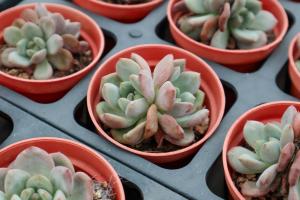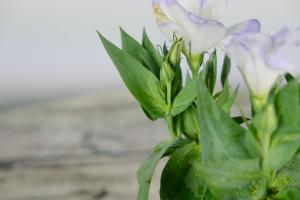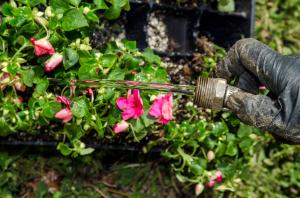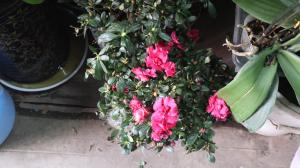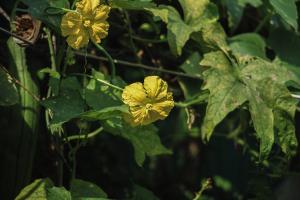Are Glass Pots Good for Plants?
Glass pots have become a popular choice for indoor plant containers due to their aesthetic appeal and versatility. However, whether or not glass pots are good for plants depends on a variety of factors. Let's take a closer look at the pros and cons of using glass pots for your plants.
Pros of Glass Pots for Plants
There are several advantages to using glass pots to grow your plants:
Aesthetically Pleasing
Glass pots are visually appealing and can add a touch of elegance to any space. They come in different sizes and shapes, giving you a range of options to choose from to match your decor.
Easy to Monitor Plant Growth
Glass pots allow you to easily monitor the growth and health of your plants. You can see the roots and soil conditions, making it easier to spot any potential problems.
Non-Toxic Material
Glass is a non-toxic material that won't leach harmful chemicals into the soil, making it a safer choice for growing plants.
Cons of Glass Pots for Plants
While there are many benefits to using glass pots for plants, there are also several downsides to consider:
No Drainage Holes
Most glass pots do not come with drainage holes, which can lead to excess water buildup in the soil, potentially causing root rot and other issues. To avoid this, you may need to drill your own drainage holes or use a layer of rocks at the bottom of the pot to create space for water to drain.
Fragile
Glass pots are fragile and can easily break or crack, especially if dropped or exposed to extreme temperatures. This can be a safety hazard, and it can also be costly to replace a broken pot.
No Insulation
Unlike other materials such as ceramic, glass does not provide insulation for plants against extreme temperatures. This means that during hot or cold weather, glass pots may not provide sufficient protection for the plants and can cause damage.
Tips for Using Glass Pots for Plants
If you choose to use glass pots for your plants, here are some tips to ensure they thrive:
Choose the Right Size
Choose a pot that is big enough to provide ample space for your plant's roots to grow and avoid overcrowding. However, avoid choosing a pot that is too big, as this can lead to water buildup and cause problems.
Add Drainage Holes or a Layer of Rocks
To avoid excess water buildup, consider drilling drainage holes in the bottom of the pot or placing a layer of rocks at the bottom to allow water to drain properly.
Avoid Direct Sunlight Exposure
Glass pots can magnify the sun's rays, which can lead to your plants getting too much heat and potentially burning their leaves. Avoid placing glass pots in direct sunlight or place them in a shaded area instead.
Handle with Care
Be careful when handling glass pots, especially when moving or cleaning them. Use gloves or a cloth to protect your hands and avoid dropping or bumping them against hard surfaces.
Conclusion
Glass pots can be a great choice for growing plants indoors, as long as you take the necessary precautions to ensure your plants thrive. By considering the pros and cons of using glass pots and taking steps to care for your plants properly, you can enjoy the beauty and versatility of glass pots while providing your plants with a healthy growing environment.

 how many times do yo...
how many times do yo... how many planted tre...
how many planted tre... how many pine trees ...
how many pine trees ... how many pecan trees...
how many pecan trees... how many plants comp...
how many plants comp... how many plants can ...
how many plants can ... how many plants and ...
how many plants and ... how many pepper plan...
how many pepper plan...